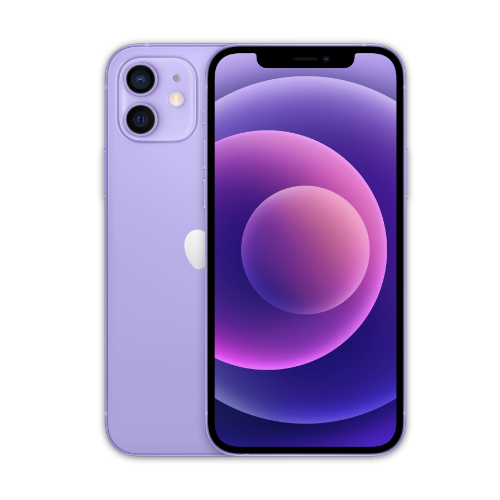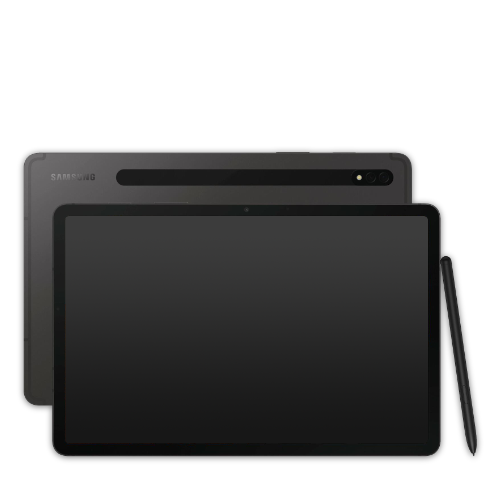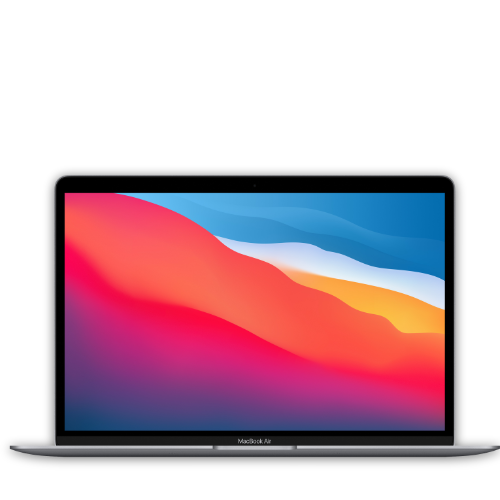In this article, you will learn how proper charging can not only extend the life of your battery, but also protect the environment at the same time.
Here's the deal: Our smartphone battery is more than just a source of energy. It's a key to sustainability. The batteries in our phones contain rare earths - valuable materials that are difficult to mine and recycle. Therefore, it's important not only for the lifespan of your phone, but also for our environment that we keep it alive for as long as possible. But how should you actually charge a phone properly if you want to protect your phone battery in the long term?
In this blog post, we want to show you how you can get the most out of your smartphone battery while contributing to sustainability. We'll talk about the importance of charging correctly, debunk some myths about charging, and show you how to use your phone's optimized charging options for more environmentally friendly use. You'll learn how to charge your iPhone and Samsung phone battery correctly and what effect this has on the battery capacity of your iPhone or Samsung phone. So, buckle up and let's dive into the world of sustainable battery use!
Proper charging: The key to a long-lasting battery and protecting the environment
We all know that our phone battery needs to be charged to function - that's a no-brainer. But did you know that your charging habits can have a big impact on the lifespan of your battery and therefore its sustainability?
Charge your phone overnight? No: Keep your battery level between 20% and 80%
Let's start with a simple but surprisingly effective tip: try to keep your battery charge between 20% and 80%.
You may be thinking, "But I always thought I was supposed to completely discharge my battery and then fully charge it." Well, that assumption is a common myth. In reality, completely discharging and charging can put more stress on your battery and shorten its lifespan. Electrodes in lithium-ion batteries - the type used in most smartphones - can be damaged by this practice. That means: avoid having to charge your phone overnight.
Plus, when you consider that manufacturing a single battery requires a lot of rare earths and energy, you realize how important it is to keep your current battery going for as long as possible. So, next time your battery is at 100%, unplug the charger and try not to let it drop below 20%!
Remove the smartphone from the charging cable as soon as it is charged
Another tip that can extend your battery life and help the environment is to unplug your charger as soon as your phone is fully charged. Although it may be convenient to leave your phone plugged in overnight, it can actually be harmful to your battery.
Constant charging can overload the battery, shortening its lifespan. It also uses energy unnecessarily. Remember, any energy used unnecessarily means more fossil fuels have to be burned to produce that energy, resulting in more greenhouse gas emissions. And that's not good for our planet.
So, let's take a small but important step for our environment together - by unplugging our smartphones as soon as they are charged.
Use your phone's optimized charging options for more environmentally friendly use
There is another important step you can take to save your battery while being more sustainable: use your smartphone's optimized charging options. Many smartphone manufacturers have now built features into their devices that adjust charging power to improve battery health. These features take into account various factors such as your usage habits, battery age and temperature.
Apple: Optimized charging - iPhone
If you use an iPhone, you have access to the Optimized Battery Charging feature. This smart feature learns from your daily charging and adjusts your device's charging to extend battery life. For example, if you charge your iPhone overnight, it learns to slow down charging at around 80% and only fill the rest just before you wake up. Pretty clever, right?
You can enable this feature by going to Settings, then selecting Battery and clicking on Battery Health. Here you will find the option "Optimized Charging". Enable it and you are ready to improve your battery health while being more sustainable. Optimized charging iPhone? Check!
Adaptive Fast Charging: Optimized charging for Samsung smartphones
Samsung users can also rejoice because Samsung has its own adaptive fast charging technology. This feature adjusts the charging speed of your device to avoid overheating and overcharging. It detects when your battery is almost full and then slows down the charging, which helps conserve battery life.
To activate the adaptive fast charging feature, go to the battery settings on your smartphone. Make sure that Adaptive Fast Charging is activated. You can also set your smartphone to only charge up to 85%. This is the best way to extend the life of your battery and improve your sustainable smartphone use.
Conclusion: How to preserve iPhone battery capacity and protect the environment by charging your phone properly
Have you ever wondered if it's harmful to charge your phone overnight? Or how you can protect your phone battery to extend its lifespan? The question of how to properly charge your phone, whether it's an iPhone or a Samsung, plays a crucial role in maintaining battery capacity.
By using optimized charging options like Optimized Charging on iPhone, you can not only extend the life of your phone's battery, but also do your part to reduce the environmental impact. Any improvement in battery life means fewer batteries to be produced, used, and ultimately disposed of. That's definitely a step in the right direction for our planet.
It's amazing how small everyday decisions, like the way you charge your phone, can impact our environment.By taking simple steps like keeping your battery between 20% and 80%, unplugging your phone once it's fully charged, and using optimized charging options, you can extend the life of your phone's battery while making an important contribution to sustainability.
There are valuable resources in every cell phone battery, whether it's iPhone battery capacity or how to properly charge a Samsung cell phone battery. The manufacturing of every battery has an impact on our planet, so any improvement in battery life is also an improvement for our environment.
It is important to stress that sustainable mobile phone use does not just stop at battery care. There are many other aspects you can pay attention to, such as reducing data usage, recycling old devices and buying new devices consciously.
Let's take responsibility for our planet together - starting with your phone battery. Learn how to charge your phone properly to maximize both your iPhone and Samsung device battery capacity and help preserve our planet for generations to come.
Additional tips
To take our sustainable journey even further, here are some other tips that can help us make our mobile phone use more environmentally friendly:
- Use the energy saving mode: Almost every smartphone has a power saving mode that optimizes battery performance and extends battery life. Use this mode if you do not need all the functions of your phone.
- Avoid extreme temperatures: Extreme cold or heat can stress your battery. Try to keep your phone at room temperature as much as possible.
- Reduce the screen brightness: High screen brightness can drain your battery quickly. Try to keep the brightness as low as possible without affecting the usability.
- Turn off unnecessary functions: Features like Bluetooth, GPS and background apps can drain your battery. Turn them off when you don't need them.
- Update your operating system regularly: Many operating system updates include improvements that can extend battery life. Make sure your phone is always up to date.
- Recycle your old phone: When it's time to replace your old phone, make sure it's recycled properly. Many phone manufacturers and carriers offer recycling programs.
With these additional tips, we can all do our part to conserve our precious resources and protect our planet. Do you have any other tips or experiences you'd like to share? Leave them in the comments below.







